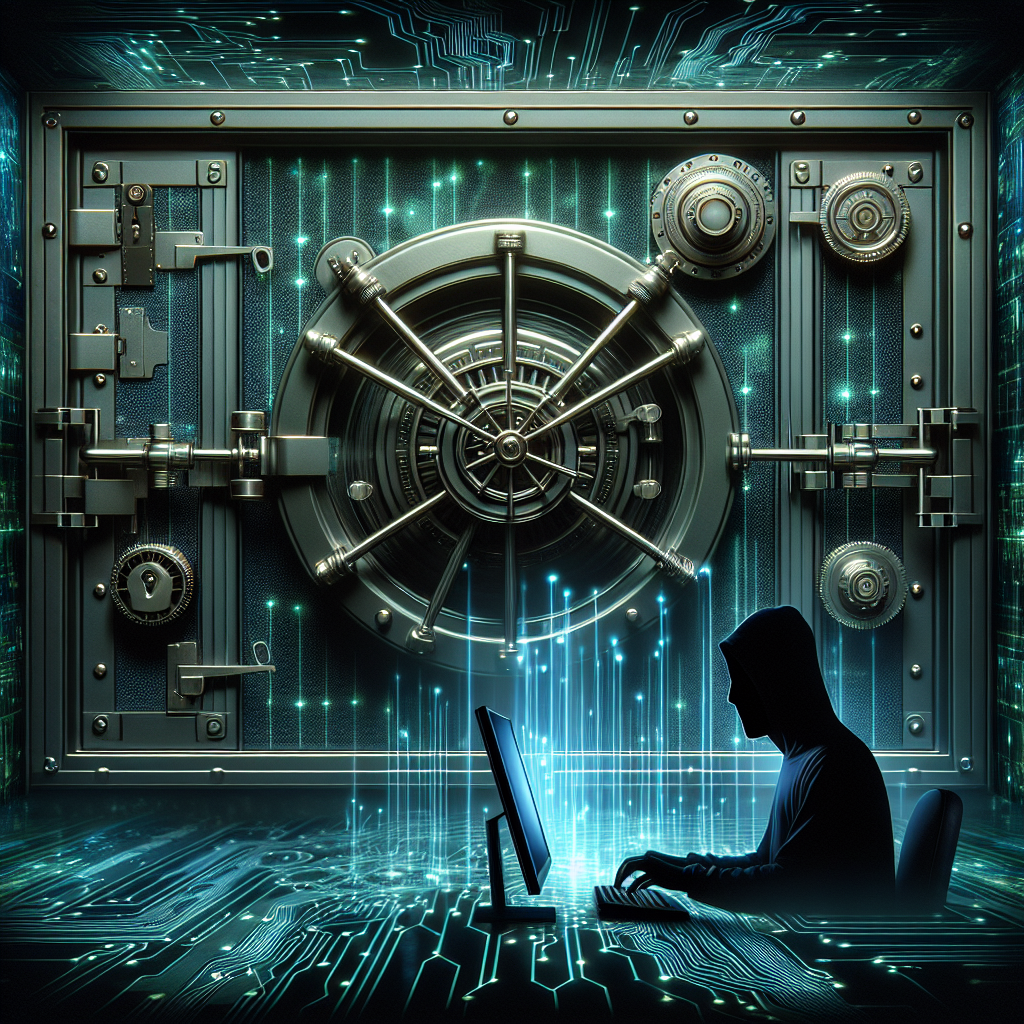In today’s digital age, protecting your online presence and personal information is more important than ever. With cyber attacks becoming increasingly common, it’s crucial to take steps to safeguard your digital world. This guide to cybersecurity will help you navigate the complex landscape of online threats and keep your information safe.
1. Use strong, unique passwords: One of the simplest ways to protect your online accounts is to use strong, unique passwords for each one. Avoid using easily guessable passwords like “123456” or “password,” and consider using a password manager to keep track of all your login information.
2. Enable two-factor authentication: Two-factor authentication adds an extra layer of security to your accounts by requiring a second form of verification, such as a text message or fingerprint scan. Enable this feature wherever possible to make it harder for hackers to access your accounts.
3. Keep your software up to date: Software updates often contain important security patches that can protect your devices from vulnerabilities. Make sure to regularly update your operating system, antivirus software, and any other programs you use to keep your systems secure.
4. Be cautious of phishing attacks: Phishing attacks are a common tactic used by cybercriminals to trick users into revealing their personal information. Be wary of emails, texts, or messages that ask for sensitive information or contain suspicious links, and never click on links from unknown sources.
5. Secure your network: Make sure your home Wi-Fi network is secure by using a strong password and enabling encryption. Consider using a virtual private network (VPN) when connecting to public Wi-Fi networks to protect your data from potential eavesdroppers.
6. Monitor your accounts: Regularly review your bank statements, credit reports, and online accounts for any suspicious activity. If you notice any unauthorized charges or unusual behavior, report it immediately to prevent further damage.
7. Backup your data: In case of a cyber attack or data breach, it’s important to have backups of your important files and documents. Consider using a cloud storage service or an external hard drive to regularly backup your data and ensure you can recover it in case of an emergency.
By following these cybersecurity tips, you can protect your digital world and keep your personal information safe from cyber threats. Remember to stay vigilant and proactive in safeguarding your online presence, and don’t hesitate to seek help from cybersecurity professionals if you ever feel unsure about your security measures. Stay safe online!


Leave a Reply